 |
Associate editor
(Structural analysis) since 2016
|
|


Tutorial VT2: BioViz: Interactive data visualisation and ML for omics data
Data Science and Machine Learning are intricately connected, particularly in computational biology. In a time when biological data is being produced on an unprecedented scale — encompassing genomic sequences, protein interactions, and metabolic pathways- meeting the demand has never been more crucial. The speakers are:
- Ragothaman M. Yennamalli, Assistant Professor, SASTRA Deemed to be University, Thanjavur, India
- Farzana Rahman, Assistant Professor, Kingston University London, UK
- Shashank Ravichandran, Senior Software Engineer, Incedo Inc, India
- Megha Hegde, PhD Researcher, Kingston University London, UK
- Jean-Christophe Nebel, Professor of Computer Science, Kingston University London, UK
|
|
|
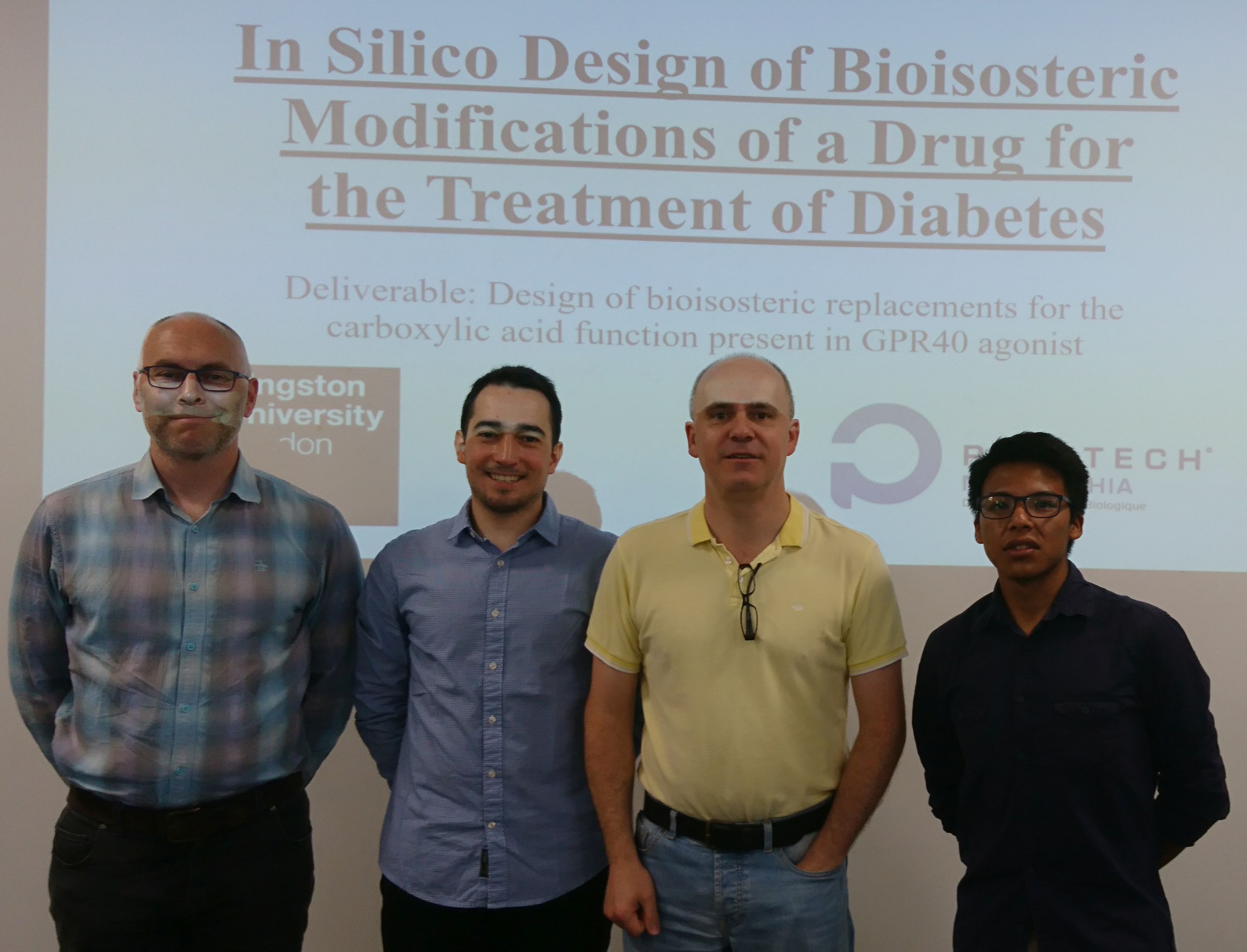 |
Latest Bioinformatics Seminar: July 2019
In Silico Design of Bioisosteric Modifications of a Drug for the Treatment of Diabetes:
- Guillaume Vink (speaker)
- Stephen Wren (supervisor)
- Gabriel Flores Lipa
Previous seminars
|
|

|
2nd Runner-up in the video category of the Biochemical Society's Science Communication competition 2016
Congratulations to Johanna Laibe, MSc by Research student!
In between the (beta) sheets
|
|
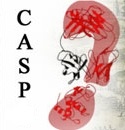 |
Participation in CASP 12 (2016), CASP 11 (2014) and CASP10 (2012)
The main goal of CASP (Critical Assessment of protein Structure Prediction) is to obtain an in-depth and objective assessment of our current abilities and inabilities in the area of protein structure prediction.
|
|
 |
Participation in CAPRI (2013)
CAPRI (Critical Assessment of PRediction of Interactions) is the communitywide experiment on the comparative evaluation of protein-protein docking for structure prediction.
|
|
 |
Invited speaker at PTBI2013
J.-C. Nebel was invited speaker at the 11th Workshop on Bioinformatics and 6th Symposium of the Polish Bioinformatics Society, 27-29 September 2013, Wroclaw, Poland
|
|
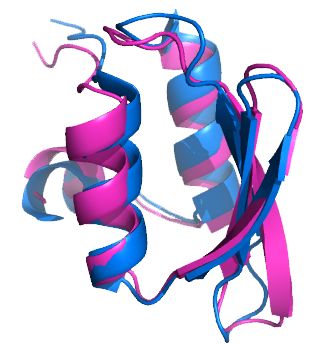 |
Protein Structure Prediction
Kingston University and Lebanese-American University, publications [*]
|
|
|
 |
Meta-Analysis on Genomics Data - Application to Cancer Phenotypes
Kingston University and University of Patras, Greece, publications [*]
|
|
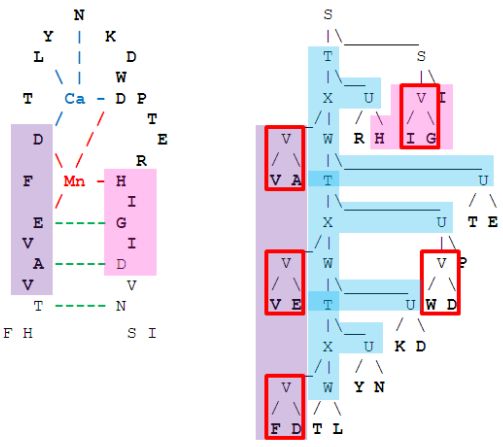 |
Usage of Stochastic Context-Free Grammar for Protein Sequence Analysis - Application to binding site recognition and helix-helix contact site classification
Kingston University and Wroclaw University of Technology (Poland), publications [*]
|
|
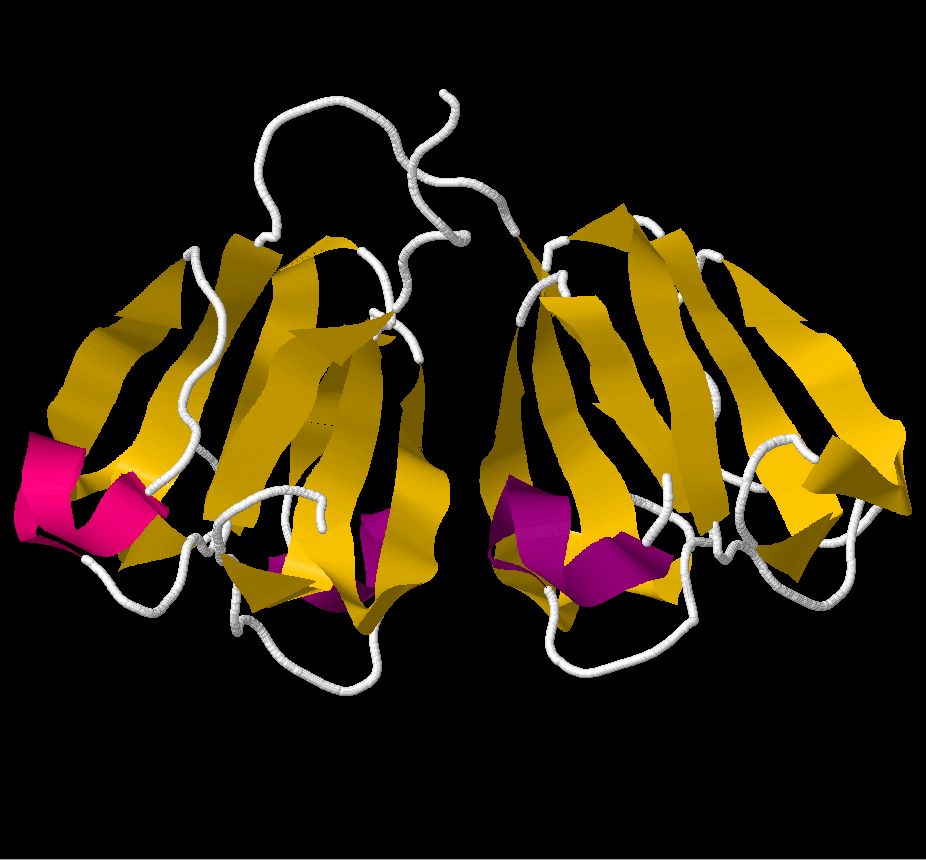 |
Analysis of Refractive Properties of Lens Crystallin proteins - Application to Human Cataract
Kingston University, publications [*]
|
|
|
 |
NESTOR3D - Multiple alignment of a set of protein structures containing either ligands, prosthetic groups or PROSITE patterns
Kingston University and University of Glasgow, Publications [*]
|
|
|
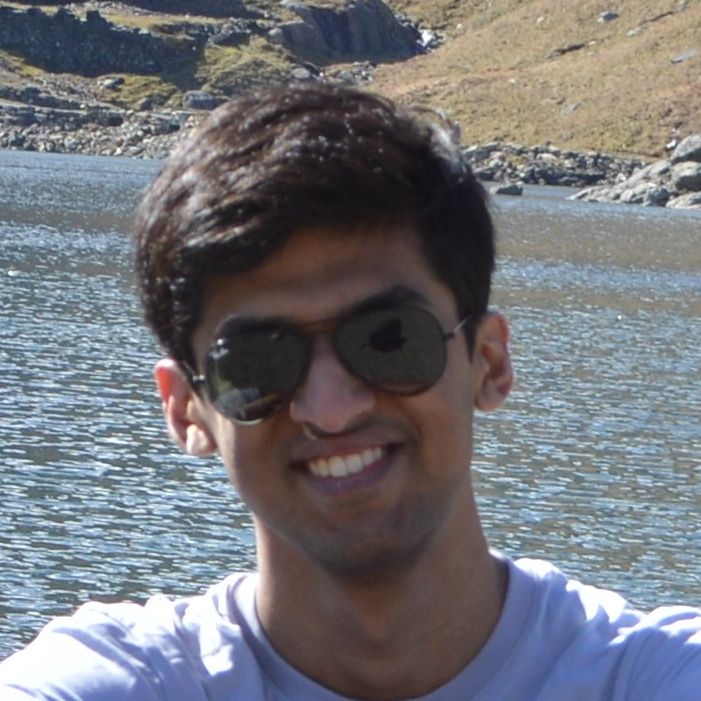 |
Sharan Asher, PhD (2019)
Studying the effects of stromally secreted sparc on the survival/proliferation of beta cell lines/pancreatic islets
Supervision Team: Dr Natasha Hill (DoS), Dr Jean-Christophe Nebel
Next position: Consultant at PwC India
|
|
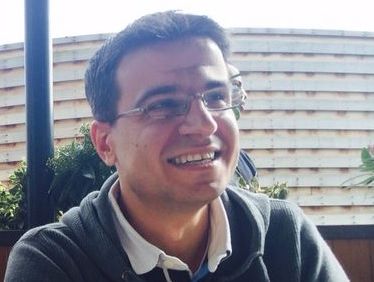 |
Jad Abbass, PhD (2018)
Secondary Structure-Based Template Selection for Fragment-Assembly Protein Structure Prediction [PDF]
Supervision Team: Dr Jean-Christophe Nebel (DoS), Prof. Mansour (Lebanese-American University), Dr Souheil Khaddaj
Next position: Lecturer at Lebanese International University (Lebanon)
|
|
 |
Sabrina Roberts, PhD (2018)
The roles of Correia Repeat Enclosed Elements in regulation of gene expression in the Neisseria spp
Supervision Team: Dr Lori Snyder (DoS), Dr Jean-Christophe Nebel, Prof. Bill Shafer
Next position: Senior Scientific Policy Officer at Food Standards Agency
|
|
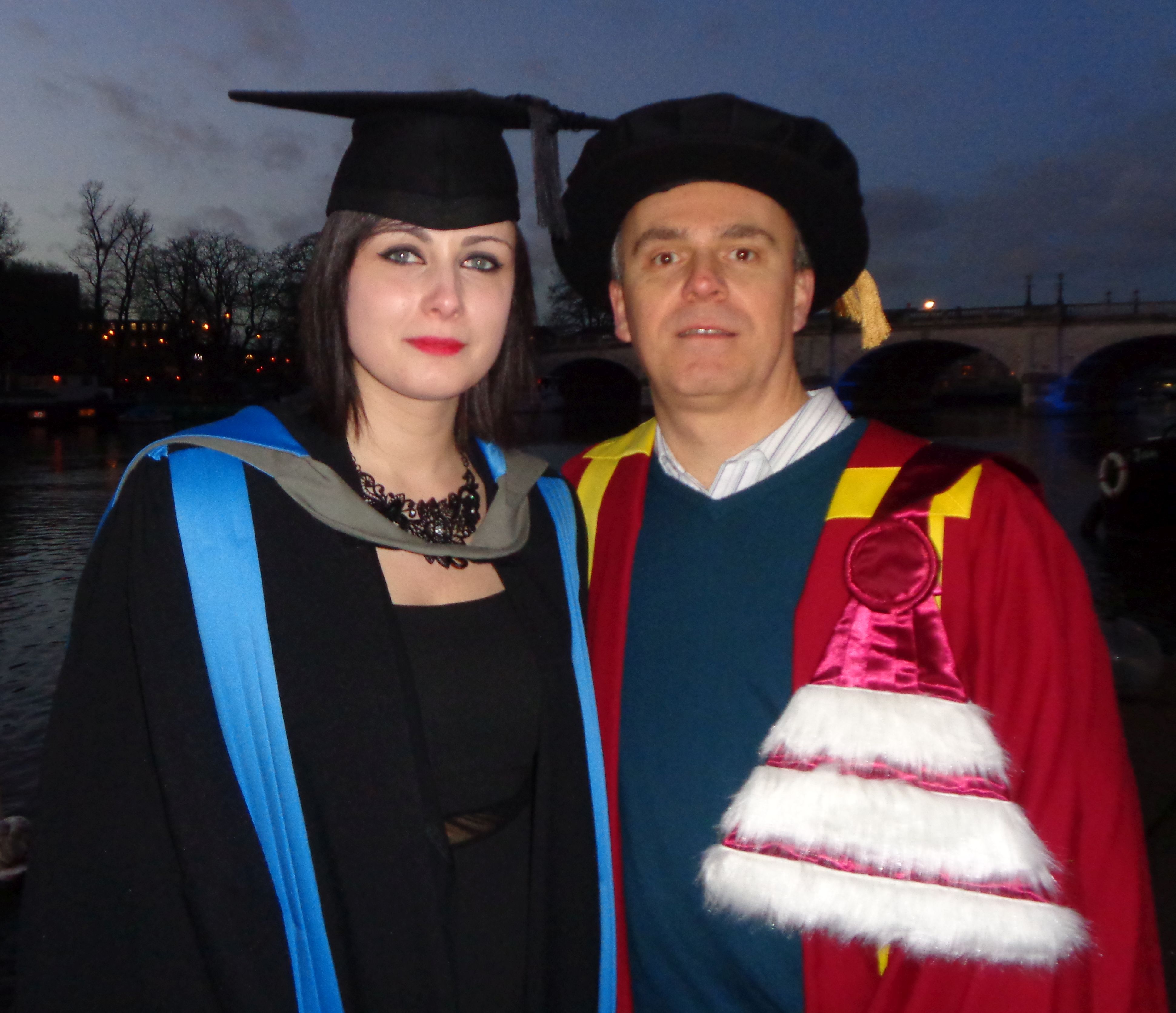 |
Johanna Laibe, Master by Research (2017)
Coil Conversion to β-strand Induced by Dimerisation
Supervision Team: Dr Jean-Christophe Nebel (DoS), Prof. Barbara Pierscionek
2nd Runner-up in the video category of the Biochemical Society's Science Communication competition 2016
With 'In between the (beta) sheets'
Next position: Product and Application Consultant at Databiology
|
|
 |
Reyhaneh Esmaielbeiki, PhD (2014)
Computational predictions of protein interfaces and complex 3D structures [PDF]
Supervision Team: Dr Jean-Christophe Nebel (DoS), Dr Dimitrios Makris, Prof. Declan Naughton
Next position: Postdoctoral Researcher in Computational Structural Biology & Associate Director of the Doctoral Training Centre at University of Oxford
|
|
 |
Bogumil Konopka, Master (2009)
Modelling de novo the 3D structure of a channel protein
Supervision Team: Dr. Hab. Eng. Malgorzata Kotulska (DoS), Dr Jean-Christophe Nebel (External advisor)
Winner of the Polish Society for Biomedical Engineering Contest for the best master thesis in the field of biomedical engineering in 2009
Next position: PhD student in Bioinformatics at Wroclaw University of Technology (Poland)
|
|
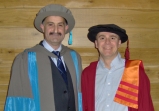 |
Ala Sungoor, PhD (2009)
Genomic Signal Processing for Microarray Data Analysis
Supervision Team: Dr Jean-Christophe Nebel, Prof Robert S. H. Istepanian (DoS)
Next position: Research fellow at Kingston University
|
|
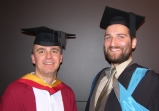 |
Witold Dyrka, Master by Research (2007)
Probabilistic Context-Free Grammar for Pattern Detection in Protein Sequences
Supervision Team: Dr Jean-Christophe Nebel (DoS), Dr Darrel Greenhill, Dr Dimitrios Makris, Dr Ndedi Monekosso, Dr Malgorzata Kotulska (external - Wroclaw University of Technology, Poland)
Next position: PhD student in Bioinformatics and Computational Biophysics (2007-2011) at Wroclaw University of Technology (Poland)
|
|
 |
Marta Fullen, Visiting Master student, 2012
Investigation of correlations between genotypes & cancers (Wroclaw Univ. Tech., Poland)
Sup. Team: J.-C. Nebel
|
|
 |
Celine Elie, Visiting Master student, 2013
Study of crystallins refraction indices (University of Nice Sophia Antipolis, France)
Sup. Team: J.-C. Nebel, B. Pierscionek
|
|
 |
Melanie Broutin, Visiting Master student, 2016
Bioinformatics study of crystallin aggregation (University of Nice Sophia Antipolis, France)
Sup. Team: J.-C. Nebel, B. Pierscionek
|
|
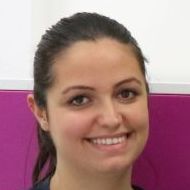 |
Solene Guiglion, Visiting Master student, 2017
Propeties of dimorphics interfaces (University of Nice Sophia Antipolis, France)
Sup. Team: J.-C. Nebel
|
|
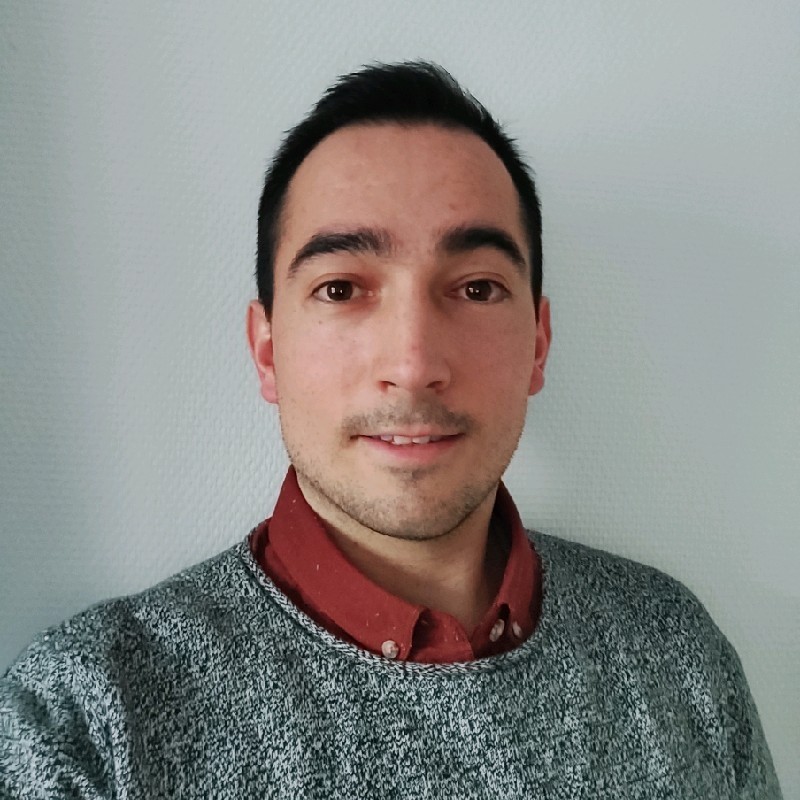 |
Guillaume Vink, Visiting Master student, 2019
In Silico Design of Bioisosteric Modifications of a Drug for the Treatment of Diabetes (University of Nice Sophia Antipolis, France)
Sup. Team: J.-C. Nebel, S. Wren
|
|
 |
Aaron Caffrey, PG researcher
Prediction of coil conversion to β-strand during dimerisation
Sup. Team: J.-C. Nebel
|
|

